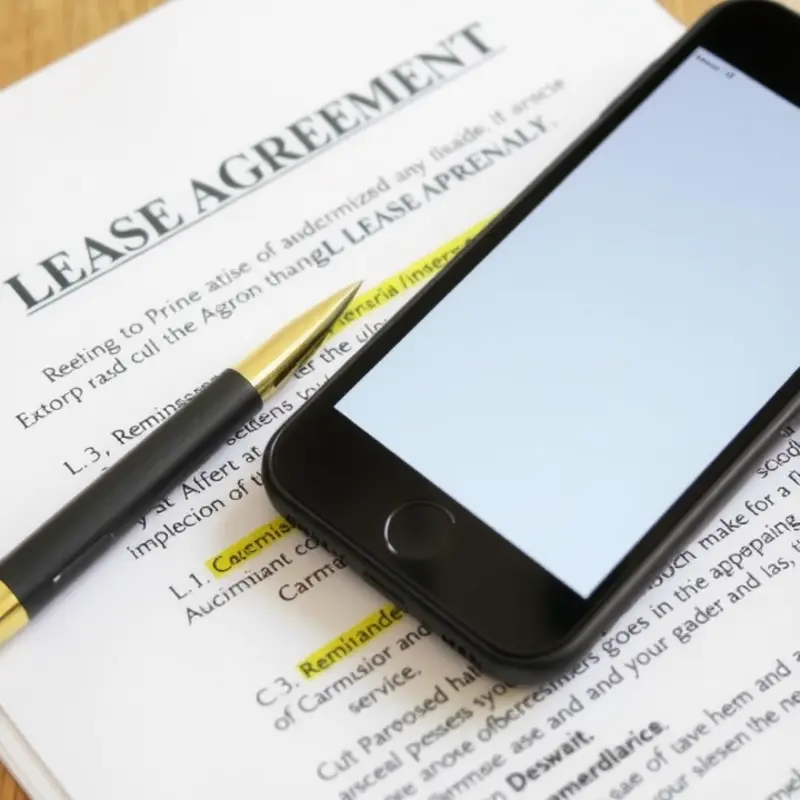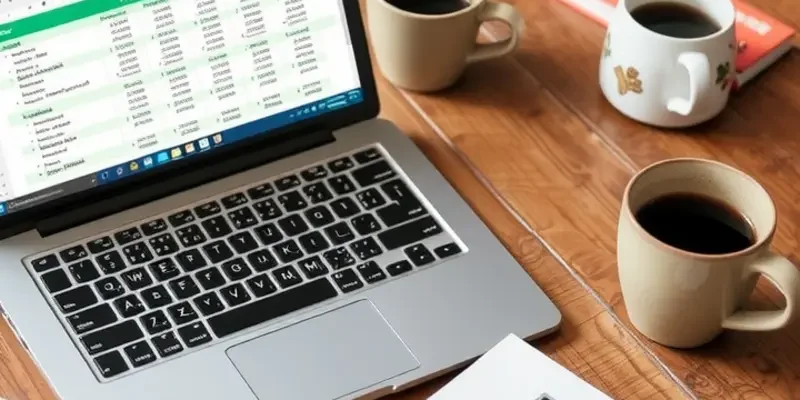Making the leap into your own space can feel exciting, daunting, and often overwhelming, especially when it comes to finances and leases. Whether you’re a young professional, a first-time renter, a student, or looking to start a family, understanding the financial elements of moving out is crucial. Setting a solid foundation will not only ease the transition but set you up for successful living. From budgeting and saving to securing the right lease agreement, there are numerous steps to consider. This guide will help clarify your financial preparation, ensuring you feel confident as you embark on this new chapter. With the right knowledge and a touch of planning, you’ll navigate the ins and outs of renting, understanding costs, and avoiding pitfalls that many first movers encounter.
Crafting Your Moving Budget

Understanding the financial aspects of moving involves far more than knowing your monthly rent. A comprehensive moving budget is essential to ensure you’re prepared for all the foreseeable expenses. First, consider the security deposit. It is typically equivalent to one or two months of rent and is a significant upfront cost.
Next, account for utility setup fees. When you first move in, utility companies often charge a startup fee for setting up water, electricity, and internet services. It’s wise to check with each provider ahead of time so you know what to expect.
Moving also involves tangible items you may need, such as furniture. You’re moving into a new space, and you may need essential items like a bed, sofa, or dining table. Consider second-hand options or negotiating with the seller for reduced prices.
Moreover, unexpected living expenses can arise. Make sure to include a buffer in your budget. This cushion can be around 10% to 20% of your overall planned expenses. It can cover unanticipated fees like parking permits, cleaning services, or pest control, which are common additional costs.
Transportation costs shouldn’t be overlooked either. Whether you’re hiring a moving company or renting a truck, these services can quickly add up. Explore options such as sharing a rental truck with a friend or family member who’s also moving, to split the expenses.
To maximize your savings leading up to the move, adopt creative budgeting methods. For instance, the envelope budgeting method involves dividing your money into categories using physical envelopes. This can help you visualize your spending limits and make necessary adjustments without overspending.
Another strategy is utilizing budgeting templates often available online. They can help outline all the moving components and provide a structured approach to organizing your finances. You might want to explore some apartment rent budgeting templates for guidance.
Finally, review your existing subscriptions and memberships. Consider pausing or canceling any that you’ll not use during your transition period to create additional savings. Additionally, you can scout for community groups that offer items for free or at a low cost, which is a fantastic way to furnish your new home without breaking the bank.
In crafting your moving budget, ensure it encompasses all elements from security deposits to the transport of belongings. By prudently planning and leaving room for unforeseen expenses, you’ll be better equipped financially, paving the way for a smoother transition into your new home.
Navigating Lease Agreements

Finding the right lease can pivot your renting experience between peace and chaos. A lease agreement outlines the terms of your stay, making its understanding crucial. Let’s explore key aspects like lease terms, security deposits, and your rights as a tenant that need your attention before signing on the dotted line.
Lease Terms
Lease terms set the foundation for your rental period. They specify the duration of your stay, usually ranging from six months to a year. Are you unsure whether you want a long-term commitment? Look for month-to-month agreements, though they might carry higher rent. Scrutinize any clauses about rent increases. Often, landlords reserve the right to hike the rent after the lease term ends, sometimes even during the lease, under specific conditions. Ensure these terms align with your financial planning and lifestyle.
Security Deposits
The security deposit acts as a financial safety net for landlords, covering potential damages beyond normal wear and tear. Generally, it ranges from one to two months’ rent. Familiarize yourself with what constitutes damage and the terms under which the deposit is refundable. A well-outlined move-in checklist can be indispensable. It documents the property’s original condition and aids in averting unjust charges later. Check out renters credit reporting agencies to understand how ensuring a good credit score might help in negotiating a lower security deposit.
Tenant Rights
Understanding your rights as a tenant is quintessential. These often include privacy rights, legal standards for eviction, and responsibility for repairs. Privacy rights deter landlords from making unannounced visits. Eviction rights ensure you’ll only be asked to leave for valid reasons, with proper notices. Knowing who handles what repair will save future disputes. Is the landlord slow to fix a leaking tap? Check if the lease permits you to manage minor issues and deduct costs from rent.
Negotiating Terms
Feel empowered to negotiate terms that suit you. In a competitive market, landlords might be willing to compromise. Propose changes to clauses you find restrictive. Perhaps you prefer access to common areas past curfew, or you’re open to a slight rent increase for added amenities. Present a reasonable case, supported by market research, when negotiating.
Grasping legal jargon can be daunting. What if you’re unsure about terms? Seek clarification. Leases often contain language that covers liabilities and expectations. Advocate for clear definitions, especially for ambiguous terms like ‘normal wear and tear’. Don’t shy away from using online resources or consulting a professional.
The effort you invest in understanding your lease agreement pays off. A beneficial lease isn’t about fitting into the landlord’s box—it’s about finding mutual ground that aligns with your needs and financial panorama. Armed with clarity and confidence, you can navigate your lease with the assurance that your new home offers peace of mind and financial security.
Final words
Moving out for the first time is a significant milestone that brings both excitement and responsibility. By gathering your financial resources thoughtfully and being well-informed about lease agreements, you position yourself for an easier transition into your new living space. Remember, budgeting is about making your money work for you, and understanding your lease helps secure your rights and responsibilities. This combination will lead to a more positive renting experience, free from unnecessary stress. Embrace this new chapter, and you’ll be amazed by the independence that comes with it!









